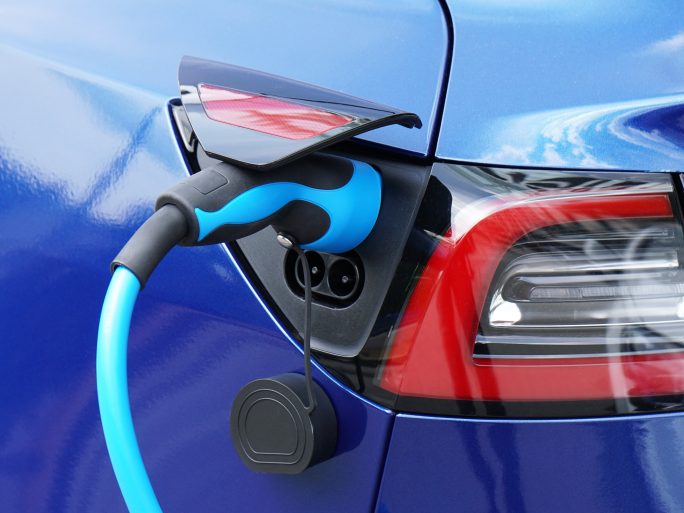Vulnerabilities in E-Cars Open the Door to Hackers

How mishandling WebSockets can lead to Denial of Services (DoS) and energy theft.
Experts from Israel-based SaiFlow have found security vulnerabilities related to communication between the Charging System Management Service (CSMS) and the EV Charge Point (CP), specifically with the Open Charge Port Protocol (OCPP). They suspect that the gaps affect various CSMS vendors.
The problem is due to the OCPP’s use of WebSocket communication and poor handling of multiple connections. The protocol does not know how to handle more than one CP connection at a time. Hackers could abuse this by opening a new connection to the CSMS. Another problem is related to what SaiFlow calls a “weak OCPP authentication and charger identity policy.”
By opening a new connection to the CSMS on behalf of a charging station, the threat actor can cause the original connection to be shut down or stop working. According to SailFlow experts, an attacker can abuse the gaps to launch a distributed denial of service (DDoS) attack that disrupts the electric vehicle supply equipment (EVSE) network.